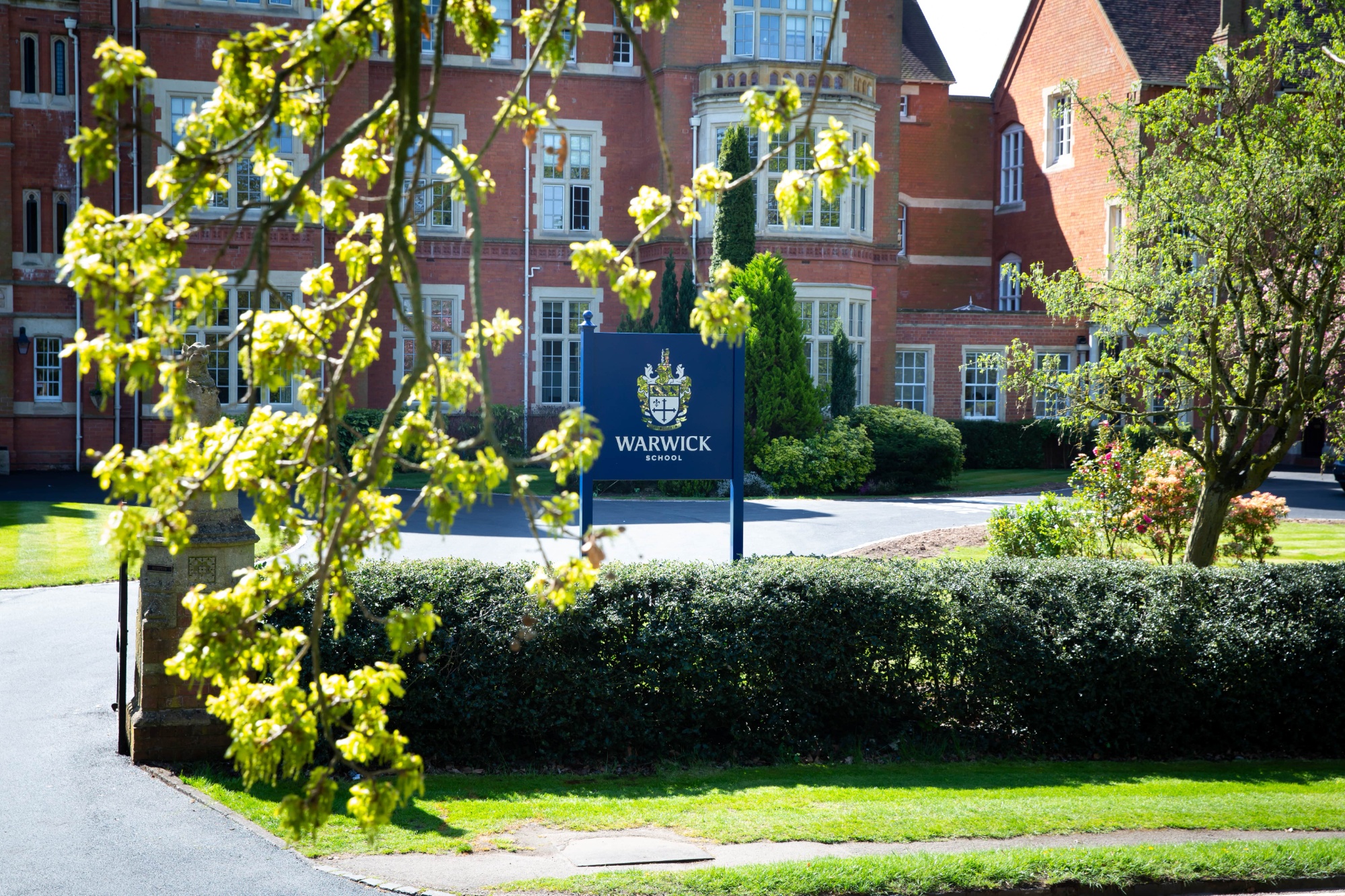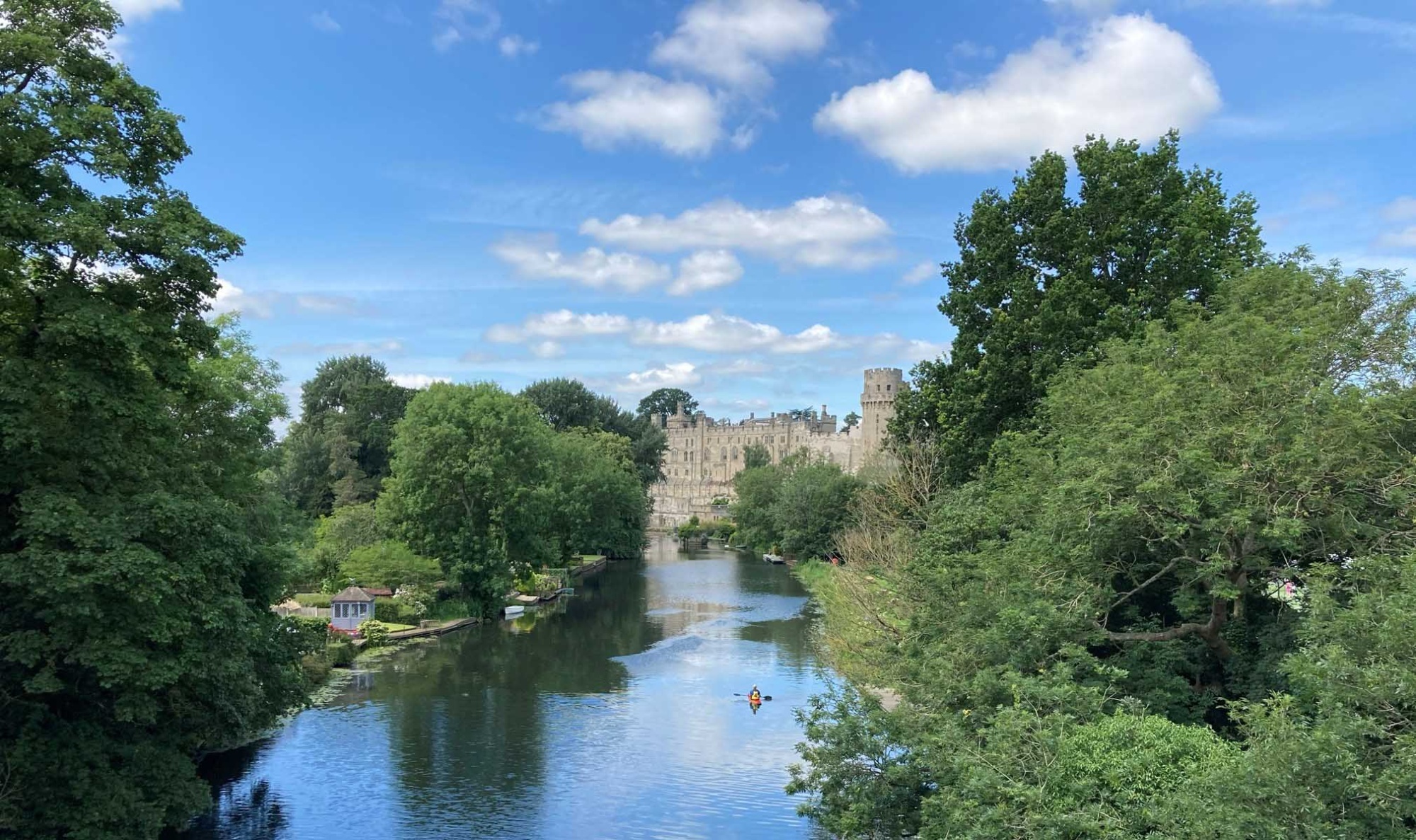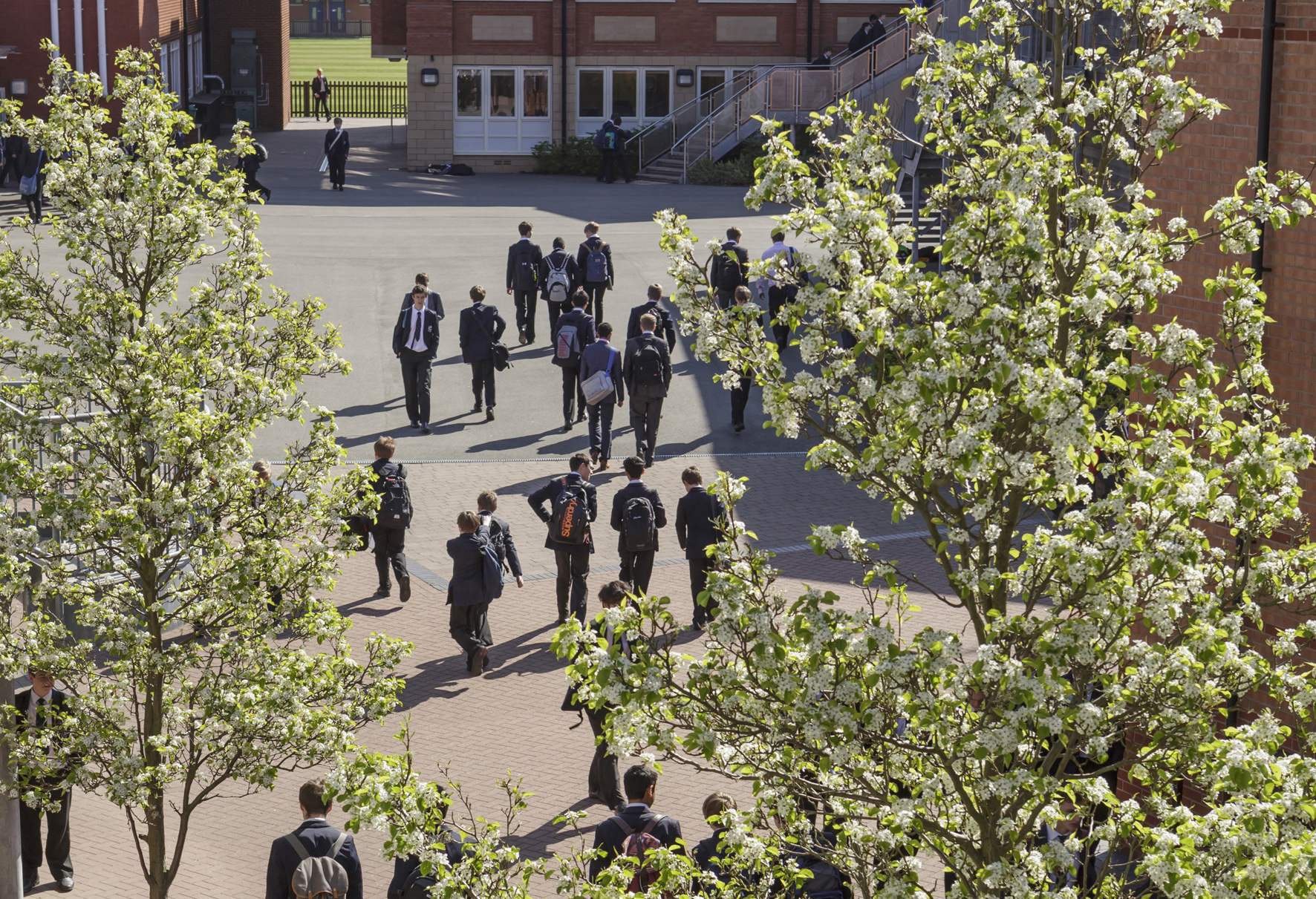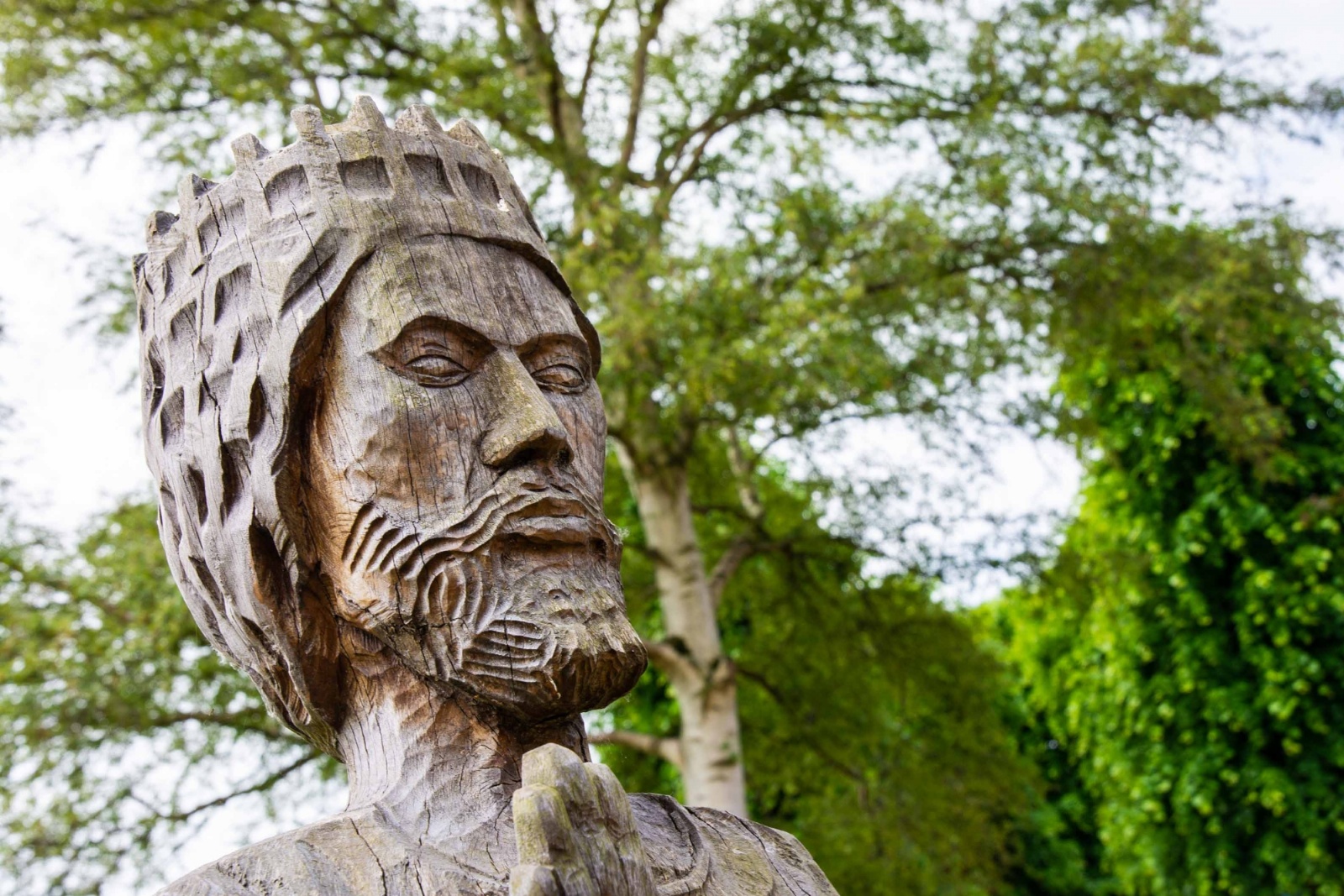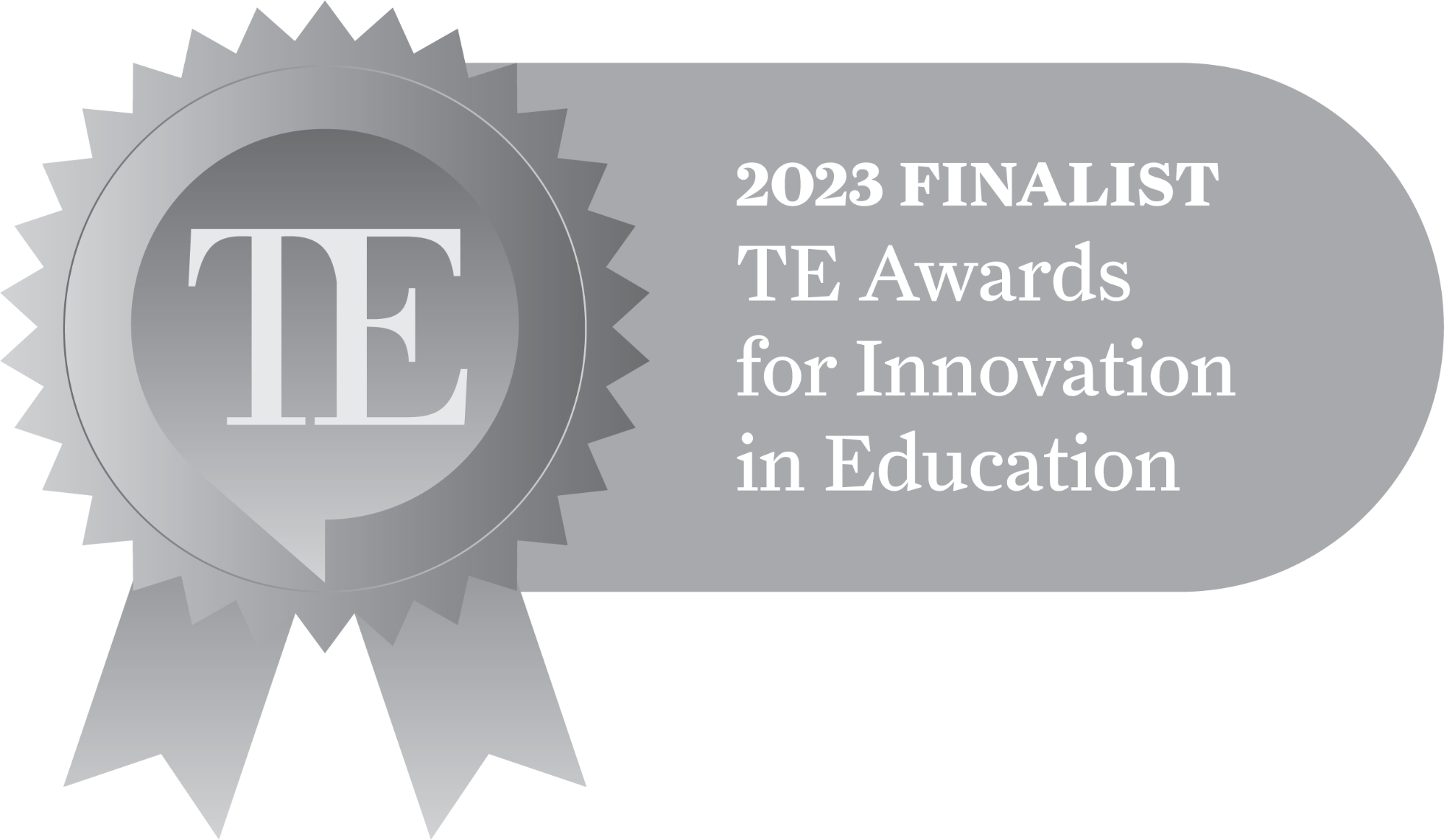Courage and Perseverance
.jpg)
At midday on Tuesday, to mark the anniversary of the first lockdown, the school observed a minute’s silence as part of a national day of reflection on the Covid pandemic.
None of us has escaped unscathed from the ordeal of Covid-19. Be it the shock of having our liberty taken away, or the heartbreak of losing someone we loved, it has affected us all. So alongside the rest of the nation we paused to reflect on our collective loss, to remember the lives lost, the sacrifices made and our continuing responsibility to act appropriately as we battle to overcome the pandemic.
As I reflected, both during the minute’s silence and afterward, I was struck by the fact that arguably the most striking feature of the past year is the seemingly constant change that has been a part of all our lives since March 2020. In more normal times it is a feature of life with things that mean a great deal to us change, but over the last year these changes have been more frequent and had an enormous impact on our daily lives. Change isn’t easy. Change is almost always stressful and for all of us, in our different ways, the past year has been incredibly challenging.
Unfortunately change is unlikely to end with the pandemic. Change has always been a feature of life, but the rate of change is accelerating. In his book ‘21 Lessons’ the author and thinker Yuval Noah Harari, characterises the 21st Century as a world of,
“unprecedented transformations and radical uncertainties.”
If you lived a thousand years ago you knew that in 1050 the basic features of life would remain unchanged. Most people would still live a subsistence existence working the land for a feudal master, life expectancy would still be about 40. Today however, we have absolutely no idea what the world will look like in 2050, we don’t know what people will do for a living and therefore we have only a limited idea of the skills that people will need. According to Harari the idea of a job or profession for life will soon be a thing of the past. It is likely that current Warwick School boys will have numerous different careers across the course of a working life during which they will need to frequently reinvent themselves. According to Harari the skill that today’s young people must develop, more important than any technical skill, is the ability to deal with change.
“….to learn new things and preserve your mental balance in unfamiliar situations. In order to keep up with the world in 2050, you will need not merely to invent new ideas and products – you will above all need to reinvent yourself again and again.”
A significant part of the ability to deal with change is mindset. Change is inevitable, in the majority of cases it is beyond our control, it is something that happens to us. What we can control though is our response to it. We can lament what we have lost, or we can embrace the new possibilities and experiences opening before us.
It is natural to prefer stability. Change is accompanied by a fear of the unknown, you are invested in your skills, your identity and your world view and you don’t want to start over again, but change is also accompanied by an opportunity to grow and test our mettle. In the children’s book ‘The Very Hungry Caterpillar’, the caterpillar eats and eats and eats, after becoming a chrysalis, the caterpillar eventually becomes a butterfly. Without the metamorphosis that takes place in the chrysalis, the caterpillar would never have fulfilled his potential. Equally, without change in the world and within us, we will never completely fulfil our potential.
Without change, things would always stay the same. If the human race hadn’t embraced change or tried to do things differently, we would probably still be serfs and feudalism the predominant form of social organisation. Where would advances in medical technology come from if no one ever took a chance? In fact, humans evolved from single-celled organisms so without change there would be no human race.
So, change is not necessarily a bad thing. By embracing it and regarding it as something transformative and exciting, we are able to develop as people. As the American actress and comedian Gilda Radner said,
‘life is about not knowing, having to change, taking the moment and making the best of it, without knowing what’s going to happen next.’
Over the course of the past twelve months we have all done plenty of that! The long-anticipated guidance from JCQ and the awarding organisations on the grading procedures for this summer’s public examinations is due next week. This and the regular reviews that will form part of the government’s road map for easing lockdown restrictions, mean that further change seems inevitable. We cannot control these changes, but we can try to control our response to them. Even if the Prime Minister is right, and we are at the start of an irreversible return to normal what Heraclitus wrote 2,500 years ago, “Change is the only constant in life” is truer now in the 21st Century than it has ever been. Undoubtedly the incessant changes of the last year have been challenging but rather than bemoaning our lot we can choose to see these changes as an opportunity for development. If Harari is right and the ability to adapt to change is the most important skill that today’s young people must develop in order to thrive in the world both now and in the future, then the last year has been a transformative experience. The courage and perseverance they have shown indicates that they are far better prepared to deal with life in 2050, to constantly reinvent themselves and thereby stay relevant and keep playing a positive role in the world.

